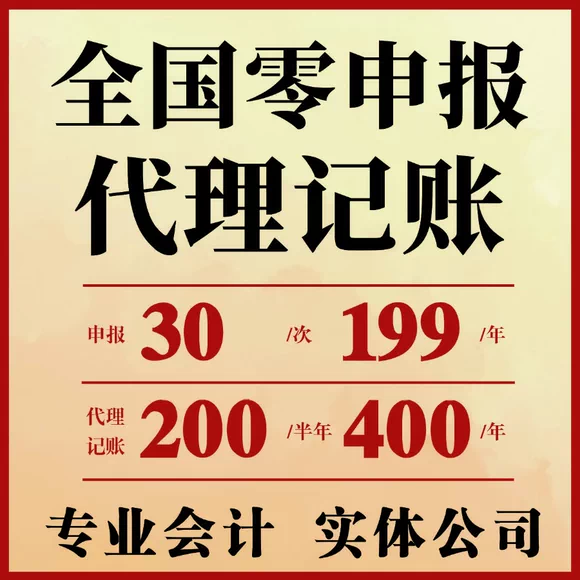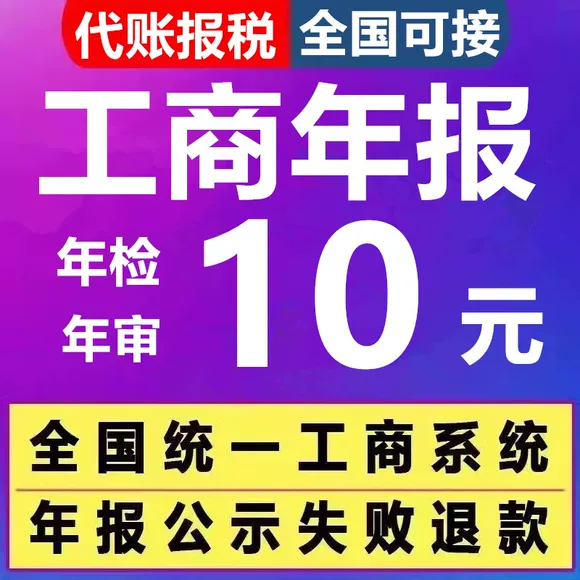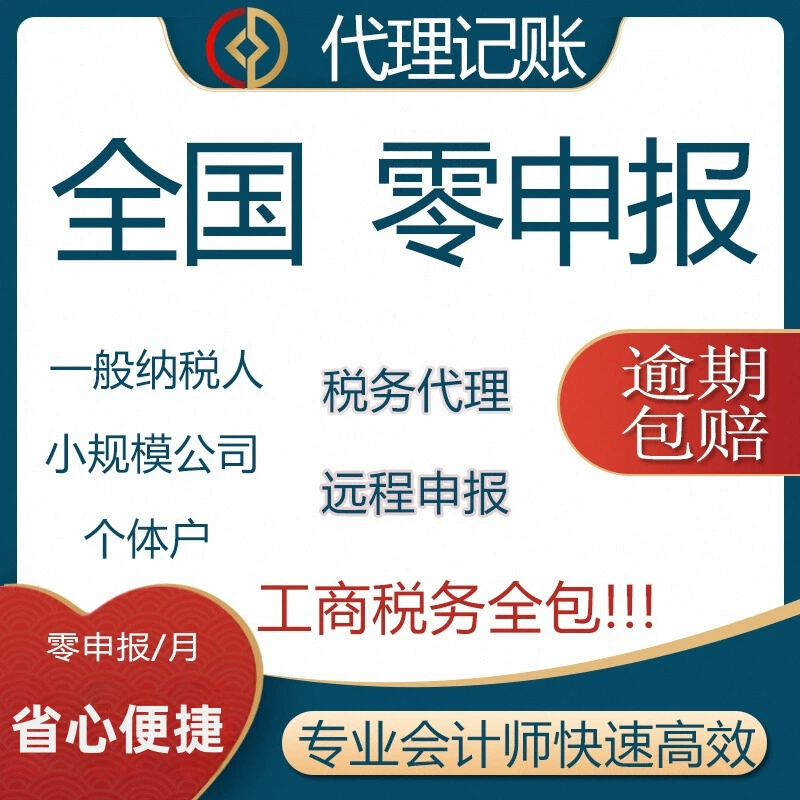相关问题归纳如下:
1. 必须用复数的情形
有的集合名词作主语时,其谓语总是用复数,不能用单数,这类名词比较常见的有police(警察),people(人),cattle(牛,牲口),clothes(衣服)等。如:
His clothes were in rags. 他衣衫褴褛。
The police are going into the murder case. 警察正在调查这件谋杀案。
Many cattle are suffering from a disease called BSE. 许多牛得了疯牛病。
2. 必须用单数的情形
有的集合名词作主语时,其谓语总是用单数,不能用复数,这类名词比较常见的有clothing(衣服), poetry(诗歌), baggage / luggage(行李), furniture(家具), scenery(景色), jewellery(珠宝), equipment(设备)等。如:
Furniture is chiefly made of wood. 家具主要是由木材制造。
Poetry serves to stimulate the mind. 诗歌能激发心灵。
My baggage has been sent toGreeceby mistake. 我的行李被误运到希腊去了。
3. 主谓一致——根据意义确定单复数情形
有的集合名词用作主语时,其谓语既可用单数,也可用复数:当它们被视为整体时,谓语用单数;当它们强调个体时,谓语用复数。这类名词比较常见的有family(家庭),team(队员),class(班上的全体学生),crowd(人群),government(政府),crew(乘务员),committee(委员会),audience(听众),public(公众)等。如:
My family is very large. 我家人很多。(视为整体)
His family are waiting for him. 他家里人在等他。(强调个体成员)
注:有时没有特定的上下文,用单数或复数谓语区别不大。如:
Our discussion group is [are] meeting this week. 我们的讨论小组本周开会。
The public are [is] requested not to leave litter in the park.要求公众在公园不要乱扔东西。




